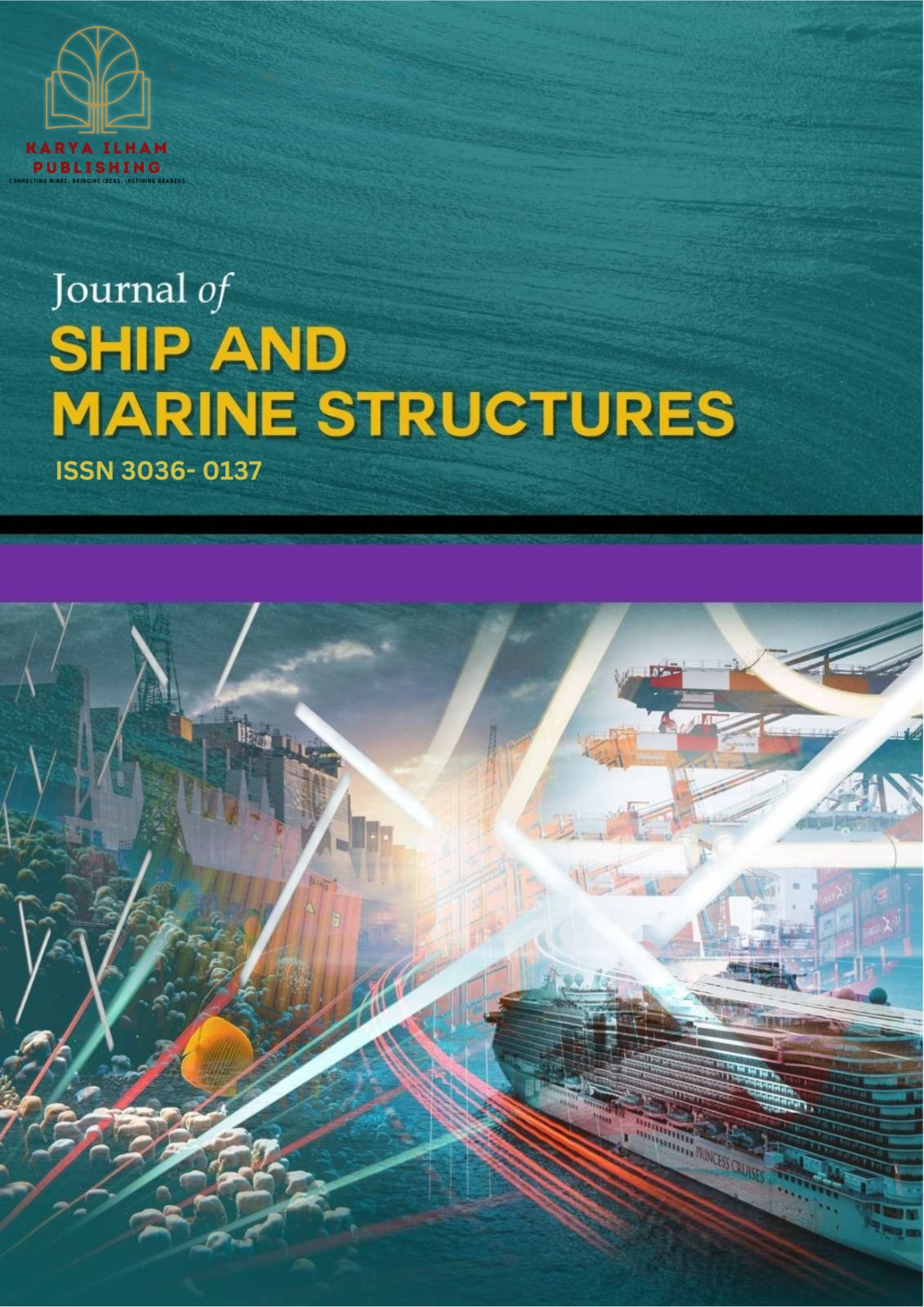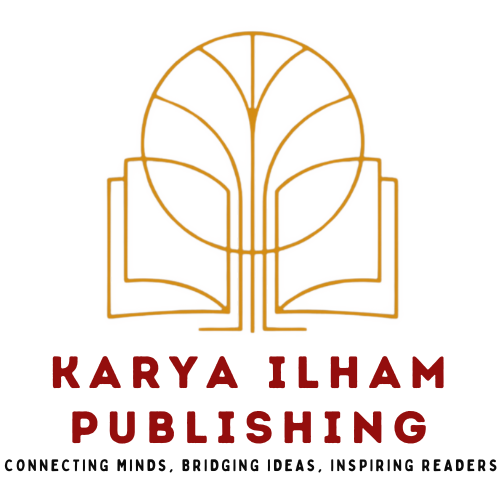Indoor Air Quality (IAQ) Mitigation Strategies for Marine Transportation: A Call for Ship IAQ Guidelines Development
DOI:
https://doi.org/10.37934/jsms.8.1.1118Keywords:
Indoor air quality (IAQ), ship, guidelines, mitigation strategy, indoor air pollutants (IAP)Abstract
Indoor air quality (IAQ) greatly influences human health, comfort, and life productivity. Ships with confined spaces and limited ventilation demand more attention for a good IAQ due to the accumulation of indoor air pollutants (IAP) and the long time spent onboard. Nevertheless, studies have found ships recorded noncompliance with IAQ parameters to available standards, especially after shipbuilding and refurbishment programs. The lack of appropriate mitigation strategies to reduce the IAP onboard has contributed to this issue, as there are no available IAQ guidelines designed explicitly for ships. Hence, to highlight the importance of having ship IAQ guidelines, this study evaluated the effectiveness of building IAQ mitigation strategies practised in a ship after a refit program. The effectiveness was evaluated by conducting IAQ assessments in two ship situations: ship-not-practising IAQ mitigation strategies and ship-after-practising IAQ mitigation strategies. The mitigation strategies involved open fresh air intake and overnight air flushing, which are the usual practices of IAQ mitigation strategies in buildings. The compliance of IAQ parameters was compared between the two situations, and data were statistically analysed using the Wilcoxon Signed Ranks test. Results showed a positive increment from 57.8% to 68.8% of IAQ parameters compliance after the ship practised the mitigation strategies. However, this study observed only two parameters showing significant changes in the increment, which were air movement (AM) and total volatile organic compounds (TVOC). In comparison, the other six parameters gave no significant changes between the situations. This study concluded that the IAQ mitigation strategies adapted from building practice managed to improve the IAQ onboard. However, more enhanced mitigation strategies needed to be implemented to provide better dilution of IAP and sufficient ventilation onboard. Therefore, this study emphasised the importance of having ship IAQ guidelines in order to advise effective IAQ mitigation strategies and good IAQ practices for ship setting. This will lead to an improvement in crew habitability and equipment performance onboard.














